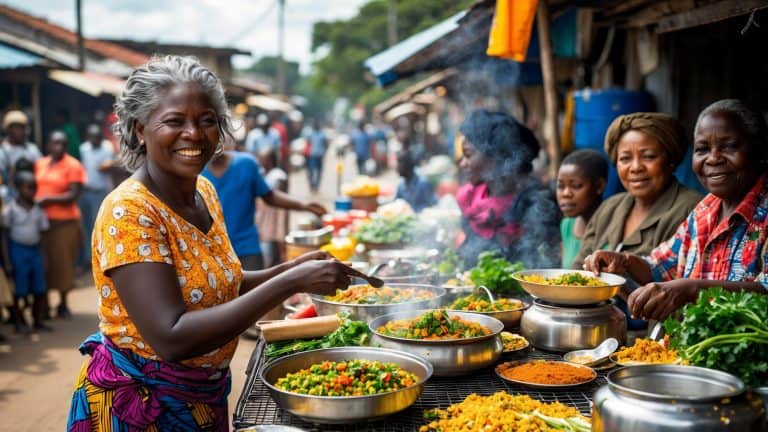This is a premium article written by one of our experts.
Check out

What NOT to Pack: Top Items Expats Regret Shipping to Ghana
Moving to Ghana is an exciting adventure, but if you’re like most expats, you’re probably agonizing over what to bring and what to leave behind. A recent conversation in an expat Facebook group revealed some eye-opening truths about relocation regrets—and the responses were both hilarious and enlightening.

Economics for Diasporans: Achieving Financial Sustainability in Ghana
This is a premium article written by one of our experts. Upgrade to Navigator or Pathfinder read the full article

The Pitfalls of Pricing Real Estate in USD: How Ghanaian Law Protects Buyers
This is a premium article written by one of our experts. Upgrade to Navigator or Pathfinder read the full article

Competing with Accra’s Street Food Vendors: Unlocking Customer Loyalty and Pricing Strategies
This is a premium article written by one of our experts. Upgrade to Navigator or Pathfinder read the full article

Navigating Cultural Expectations: Intercultural Relationship Advice for Male Expats in Ghana
This is a premium article written by one of our experts. Upgrade to Navigator or Pathfinder read the full article

Unlocking Opportunities: Why Private Investors Should Back Diasporan Businesses in Ghana
Key Takeaways Investing in diaspora businesses, particularly those in Ghana, offers an opportunity to foster economic empowerment and leverage unique market advantages. These entrepreneurs, rooted in cultural fluency and strong community ties, create ventures that…